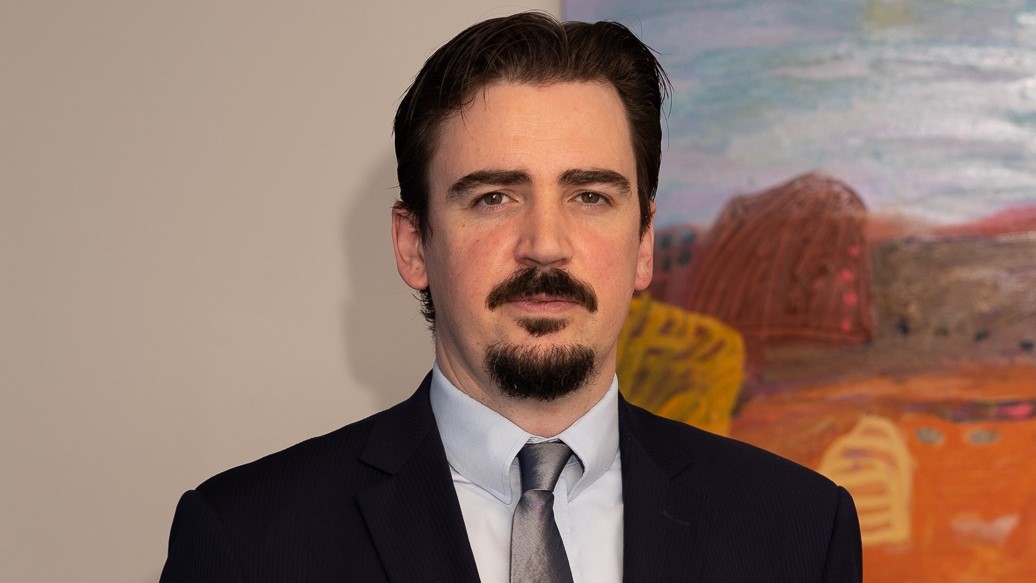Developing good software is one thing, but it doesn’t make you an expert on everything overnight.
Just ask Michael Smith, a solicitor who has seen far too many Australian tech partnerships end in tears after their founders failed to set up their companies with the right financial structures.
There was the three-way partnership where one partner had decided to stop contributing – but was still eligible for a third of the profits.
Or the developer that wanted to bring in outside investors but saw them shy away when they realised he had established the business through a family trust.
Such complexities are well outside the grasp of most people and technology leaders are no different, Smith finds himself telling clients over and over.
Smith, a senior associate with Atkinson Vinden Lawyers in Chatswood, will soon present an ACS NSW information session for business-minded entrepreneurs.
“It’s easier if you’re a one-man band,” Smith told Information Age, “but if you have multiple people owning the business, it’s important to make sure you have the agreements in place to cover off who’s doing what, and what happens down the track if there’s a dispute.”
No matter how good friends you think you and your partners are, he’s seen it happen – and things can quickly get ugly if people or their expectations change over time.
Three-way partnerships end up in tears for all kinds of reasons, and the introduction of investors complicates things further.
“It usually involves a negotiated exit that at that point in time it’s difficult to get people to come to the party,” he said. “It’s easy when people are getting along – but it can turn into a complete mess if you haven’t documented it.”
That documentation necessarily involves not only laying down the right business structure to suit the current business and future growth plans, but it also requires clear documentation of the relationships between business owners.
Such documentation may be later called for to resolve disputes over asset and share ownership and he-said-she-said disputes.
Track your property properly
Smith has seen both sides of the argument, both as a commercial and business law specialist for six years and throughout a previous 15-year career in IT that included technical support, sales, and other roles.
Information and communications technology law “just seemed like a natural fit for me,” he said. “I wouldn’t even pretend to know how to do coding but having an inside knowledge of a lot of the industry has been some help with the law.”
The legal area where Smith now specialises – which spans commercial and business law areas – has provided a means to temper the enthusiasm of technology start-up founders and the hard realities of business administration.
As well as advising on business structures, liability and tax implications, shareholder agreements and the like, Smith said the role has a heavy focus on intellectual property (IP) – which is of paramount importance for IT companies but often causes disputes due to the differences in IP treatment between employees and contractors.
“You want to make sure you get it clarified early on,” he said, “particularly if you are engaging contractors.”
“A lot of people will be having employees do it, or they will be the contractor themselves providing IP to clients, in which case it’s less of a risk.”
Prepare early for the big payoff
IP often becomes a contentious point when tech start-ups achieve the goal that most founders ultimately want – to be acquired for a significant sum.
Acquiring companies will want clear ownership over all of the smaller company’s IP – but if the founders haven’t done their groundwork early on and maintained vigilance over the company’s IP holdings as it grew, there’s no guarantee that clearance will be available.
“If it’s improperly documented, you can have potential issues down the track,” Smith said. “Even if the original contractor has disappeared and has no interest in taking it over, it can destroy your deal if you can’t prove to these people that you own the IP.”
And while many disputes can be amicably resolved, involving a legal expert early on will save pain down the track and make for a more smoothly-operating business overall.
“No investor wants to have the Winklevoss twins coming in years later saying that they were involved in the technology’s development and should get a share,” Smith said.
“Rightly or wrongly, it’s a fight you don’t want to have. Particularly when you’re likely to have a business that owns one particular piece of IP – which is the reason you exist and the way you’ll make money and the thing you hope to sell one day – it’s vitally important that you get it right.”
Michael Smith will present on 12 September from 5.45pm to 8.00pm at the ACS Innovation Hub, Level 27, Tower One, 100 Barangaroo Avenue, Sydney. Click here for details and to register.










